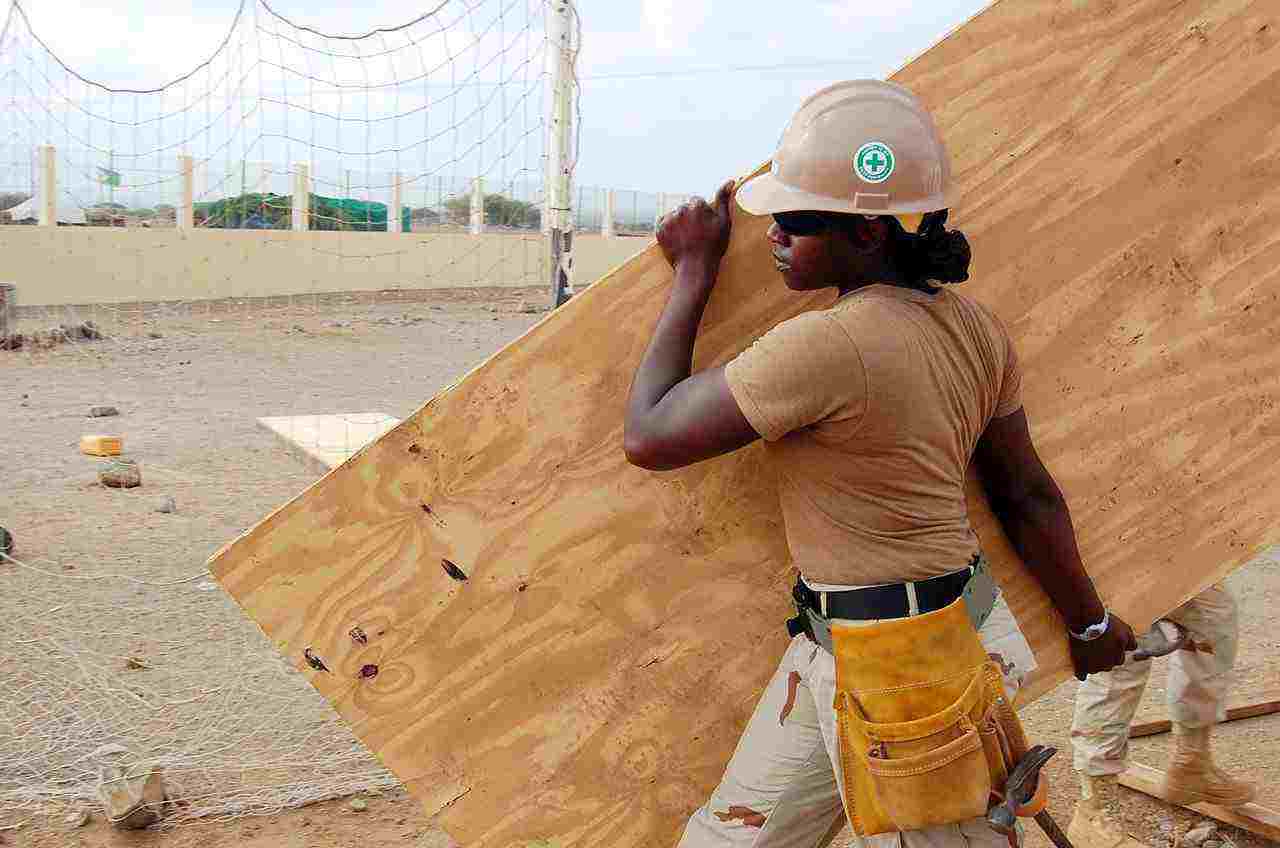TVET policies in Qatar have largely proceeded without clear conceptualization of scope
- Technical vocational education and training (TVET) has so far not been a significant focus of educational reforms.
- It remains unclear how technological TVET can be, what fields it encompasses, and whether TVET leads to jobs which are considered acceptable to Qataris.
Beginning in the late Nineties, Qatar launched a comprehensive set of education reforms to more effectively align its education and training system with its macroeconomic policies aimed at advancing towards a knowledge-based economy. However, technical vocational education and training (TVET) has not been a significant focus of educational reforms.
Though the need for more effective TVET systems emerged as early as the 1940s when Qatar started producing and exporting oil, the government has primarily focused on supply side, expansionary educational policies aimed at establishing new TVET institutions. However, many of the TVET governance institutions that prevent under-investment in skills, provide adequate regulation, and coordinate stakeholders are still in a nascent state.
TVET faces an identity crisis in which people are unhappy with the name, the image, and reputation.
TVET policies in Qatar have largely proceeded without a clear conceptualization of the scope of TVET and which types of institutions should be included in the TVET policy and which ones should be excluded. It remains unclear how technological TVET can be, what fields it encompasses, and whether TVET leads to jobs which are considered acceptable to Qataris.
In the presentation below, we highlight some of the issues Qatar will need to address to develop a national TVET strategy which overcomes existing gender issues.

































